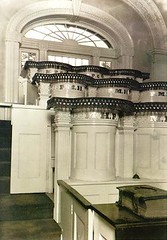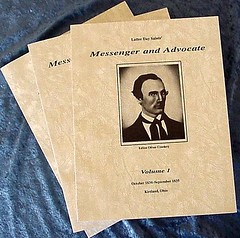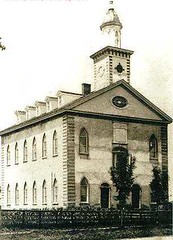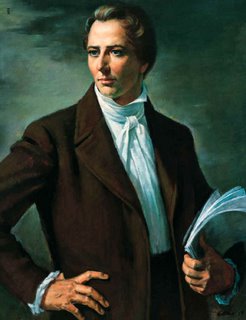Latter-day Connection To The Solomon Key
Those who cannot wait to read the novel claim it will link freemasons to both the founding of America and the Mormon church and will involve a search for treasure across the United States.
Brown, who says he is fascinated by secret societies, left a series of clues on the dust jacket of the American version of The Da Vinci Code.
Of course, this is not the first link between the freemasons and the Church; however, it is certainly one to get quite a bit of publicity if sales of the sequel are anything compared to the first novel. The Church connection continues:
A magnifying glass is needed to read another clue on the jacket of The Da Vinci Code. Some of the lettering on the cover flap describing the plot is in bolder type than the rest. When read separately from the other words it says: “Is there no help for the widow’s son?”
The codebreakers have linked these words to a 1974 speech of the same name about Joseph Smith, the founder of the Church of Jesus Christ of Latter-day Saints, also known as the Mormons.
Smith was shot and fatally wounded by a mob who stormed his prison cell in Carthage, Illinois, in 1844. He started to say the words — a masonic call for help — before falling to his death from a first-floor window.
The Mormons believe Smith had a vision in which gold plates containing the mysteries of God were buried in a hillside. Some believe that these were similar to the treasures found by the masons building King Solomon’s temple at Mount Moriah in Jerusalem.
The Church's response:
A spokeswoman for the Latter-day Saints in Salt Lake City said: “We are aware the church may be included in the new book but we know nothing of buried treasure.”
I'll confess I've never read the Da Vinci Code. So, I'm not sure whether the sequel will make any sense without reading the first; however, that is going to have to wait till I finish the large stack of non-fiction awaiting me.





 2
2




